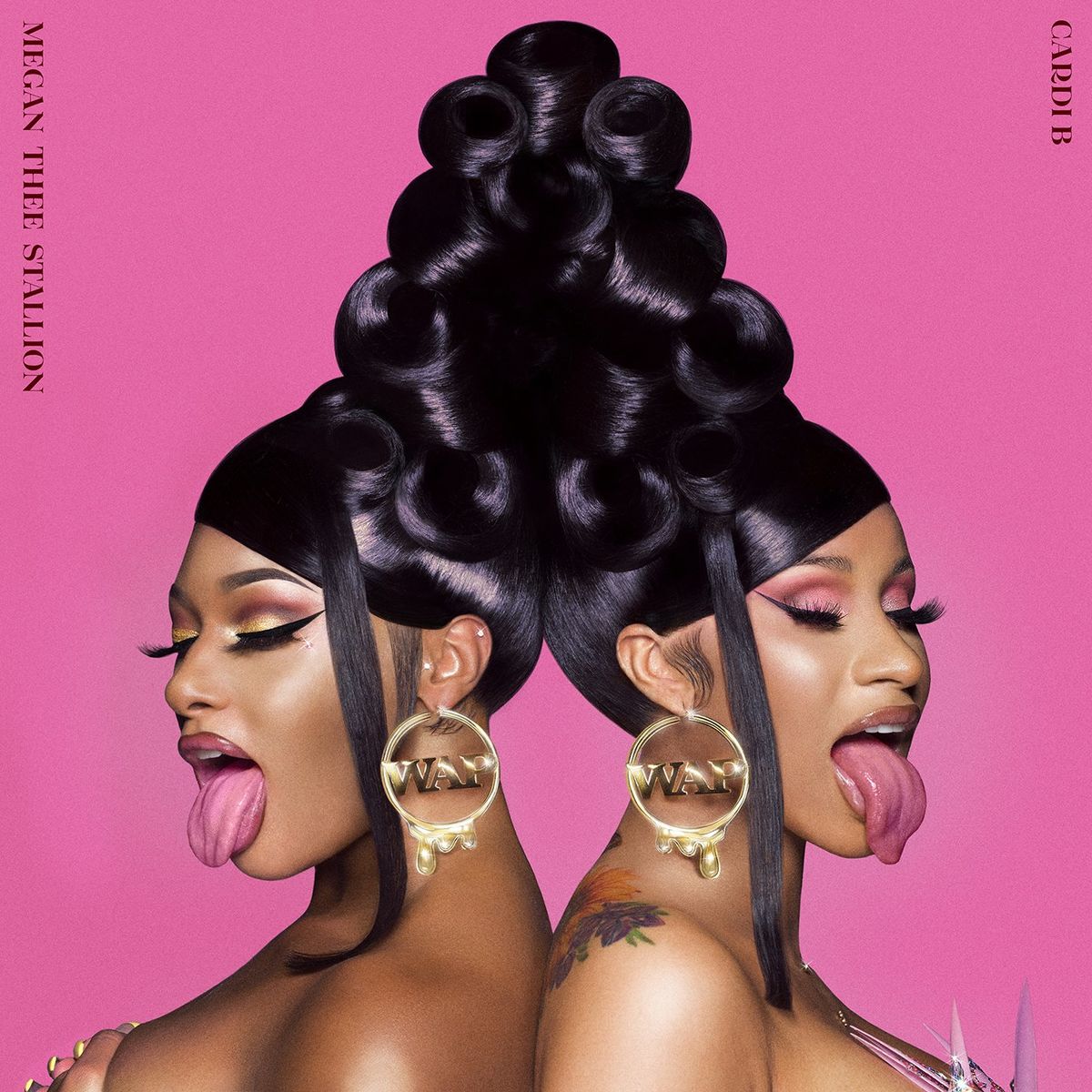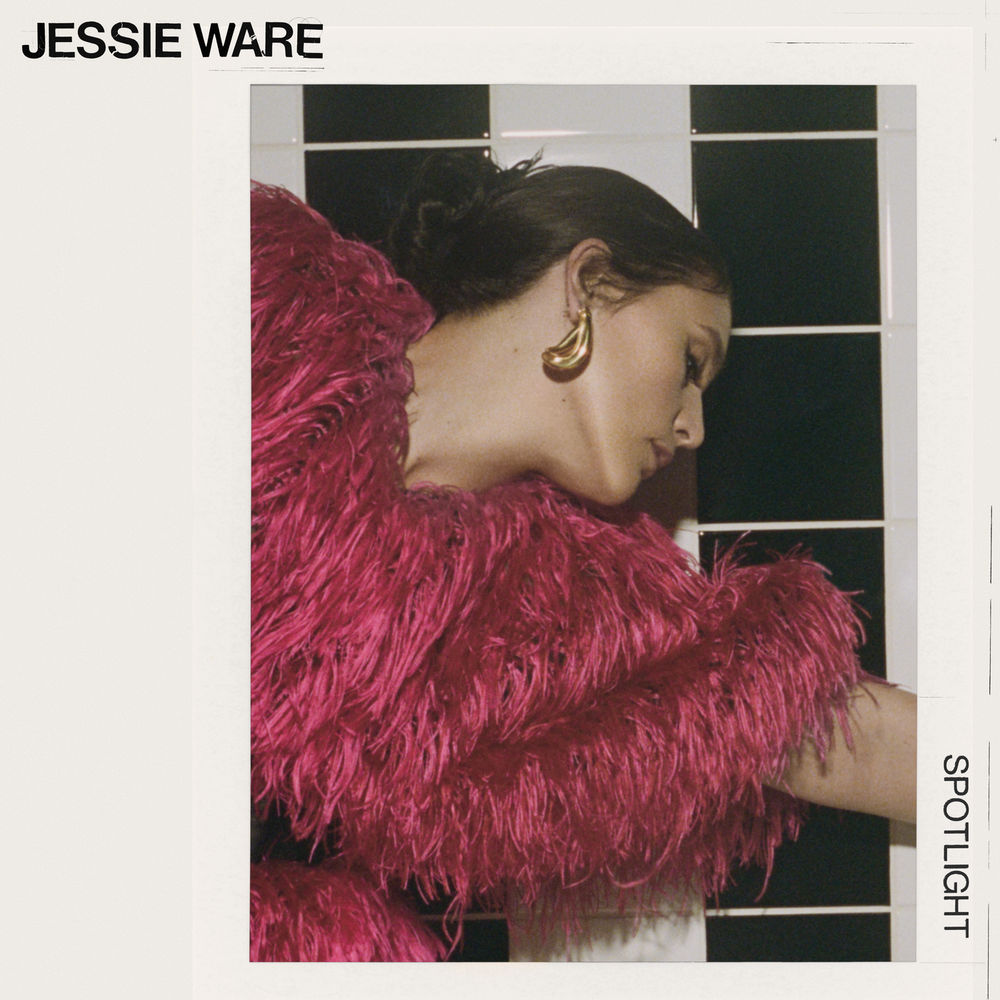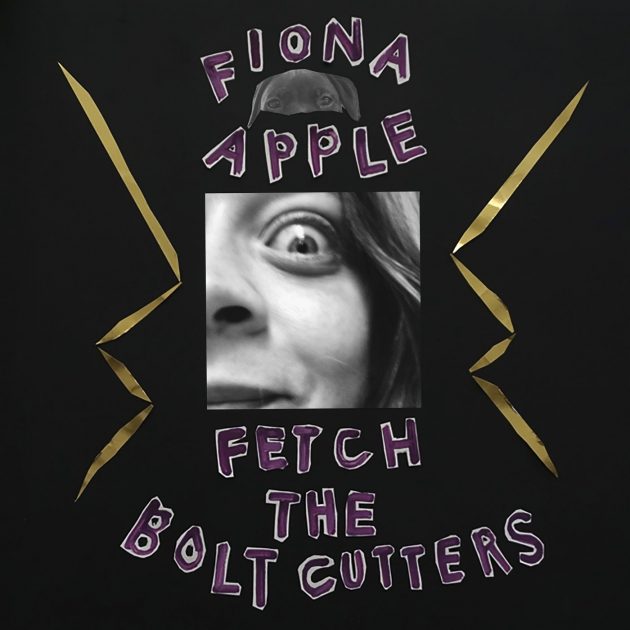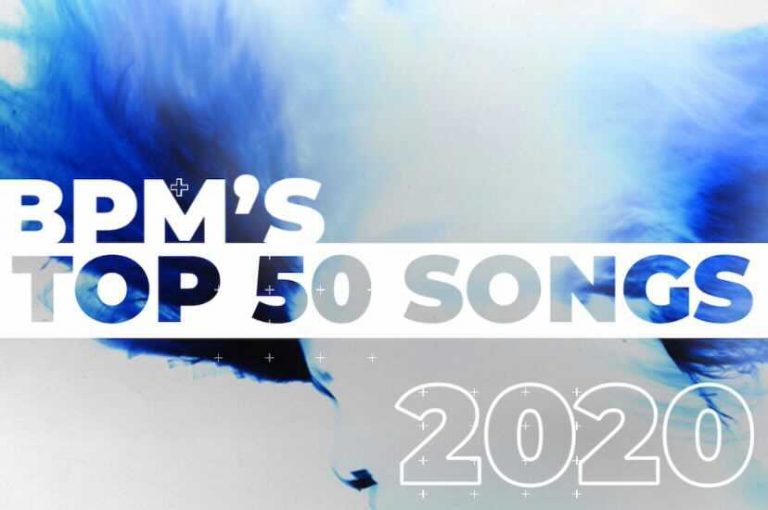
10.
Boldy James & The Alchemist – “Surf & Turf” (feat. Vince Staples)
[ALC]
Probably the dreamiest, prettiest track on Boldy James and The Alchemist‘s The Price of Tea in China, “Surf & Turf” characterizes thug life in a sharp stream of consciousness style akin to Hubert Selby Jr.: “Slums of Detroit, drugs on the port / Plug with the source / Gun in my shorts, blood was the sport / Jumped from the porch / Hung like a horse, ones with the fours / Drunk in the Porsche / trunk full of corpse / Done with the torch / Run for the four, love for my daughter.”
The images of hood violence and drug trade alternate with impressions of unstable family life and modest wealth, quite literally cooking them into a larger whole. The image of surf and turf, the lobster and the beef, doubles and splinters in a dozen possibilities: the port and the curb – the family and the gang – the father and son – the small time crook and the big drug lord. It could even be an assessment of the song itself: the psychedelic guitar samples and background choirs hypnotizing the listener, while James’ and Vince Staples’ bars reflect the tough reality of everyday struggle: “My son tryna fill my shoes, but daddy got some big feet.” – John Wohlmacher

9.
Cardi B – “WAP” (feat. Megan Thee Stallion)
[Atlantic]
Gleefully filthy and unforgettable, Cardi B made her anticipated comeback with “WAP” featuring breakout rapper Megan Thee Stallion. An acronym for “Wet Ass Pussy” (or as Ben Shapiro once recited “Wet Ass P-Word”), this song dared to be explicit fun in a year devoid of sexiness. Beginning with a looped chant of “Whores in the house / There’s some whores in this house” before progressing into a minimal beat, Cardi and Megan assert their lewdest desires without any sugar-coating.
Whether it’s Cardi rapping matter-of-factly “I want you to touch that little dangly thing that’s swinging in the back of my throat” or Megan’s sexual checklist (“Gobble me, swallow me, drip down the side of me”), the two rappers throw subtlety off a cliff. The song joins the pantheon of iconic female collaborations such as “Beautiful Liar” and “When You Believe” – proof that complete magic happens when two women at the top of the game work together. While this song isn’t as family-friendly (and probably doesn’t fit The Prince of Egypt soundtrack like the latter), everyone is going to remember where they were, what they were doing and what they Googled after hearing “WAP” for the first time. – JT Early

8.
Perfume Genius – “Describe”
[Matador]
Raise your hand if you had Perfume Genius’ Mike Hadreas penning the first great shoegaze song of the decade on your 2020 predictions. Raise your hand if you had Hadreas pivoting to shoegaze at all… like… ever. For a decade now, Hadreas has skirted with the genres that have influenced him the most, but still managed to mangle them as he needed to fit his needs. But with “Describe” he charts a course through a genre that has a dedicated but bewildering fanbase – one that spends more time debating what is and isn’t shoegaze than actually enjoying the music. So the prospect of breaking ground with those stubborn gripers was probably not going to work, but for everyone else “Describe” is a gorgeous rendering of a genre that’s in desperate need of an overhaul.
Compared to the rest of Set My Heart On Fire Immediately, “Describe” stands alone. It isn’t just new territory genre-wise for Hadreas, it’s a somber moment saturated in lo-fi haze, and underlined by Blake Mills’ delirious production. Normally there’s some overarching message to find in Perfume Genius’ music, but on “Describe” it’s just an ask to describe what it feels like to be alive or happy again.
Showing hardly any effort in his pursuit, Perfume Genius’ first single from the hotly anticipated Set My Heart On Fire Immediately was a stunning turn of events. Most of his previous endeavors have relied heavily on the pop blueprint – look no further than the towering chorus of the amazing “Slip Away” – but here Hadreas makes shoegaze look easy. “Describe” does everything a great shoegaze song does – the lo-fi guitars warm the heart, the noticeable but not overpowering distortions that typify each bridge, and of course the dream pop infused melodies all boil down to a barely recognizable but ultimately still definitive Perfume Genius cut. – Tim Sentz

7.
Jessie Ware – “Spotlight”
[Virgin EMI]
“A dream is just a dream / And I don’t want to sleep tonight” sings Jessie Ware, sounding almost mournful over a bed of dramatic nighttime strings. It’s a curious feint for the beginning of What’s Your Pleasure, an album that sees Ware going headlong into the sounds of dance and disco – glitter, mirrorballs and all. Shortly after this solemn opening, “Spotlight” explodes into a moody dancefloor number, with Ware proving just how much of a dancing queen she really can be.
The song sounds both rooted in a specific era while also feeling utterly current, what with music’s fascination on nostalgia and dance music trends really having a Moment in 2020. But this is no mere nostalgia exercise; it’s a great, dramatic, romantic disco song, complete with many phases, beautiful strings, and Ware’s dominating lead vocal. As hinted at in its opening line, this song is like a dream, and it’s the perfect start to an album full of dreams just like it. – Jeremy J. Fisette

6.
Moses Sumney – “Me in 20 Years”
[Jagjaguwar]
Moses Sumney’s magical, indescribable voice can do anything. We’ve heard him sing about being horny, about being doomed, about being lonely, about being singular and multiple, but on “Me in 20 Years” he uses his god-given instrument to speak to the future with a beam of pure light – and he opens up the wormhole wide enough for us to take a peek through too.
“Hey me in 20 years” he croons softly, opening up the conversation casually enough – but it’s not long before the emotion comes thundering through. First, he’s amazed that he’s still even existing in two decades’ time, but soon the ramifications of what that might mean start to take shape. “Does your milk still turn to rot too soon? / Do you still hoard souvenirs and make them mirrors of sentimental veneer?” he wonders, cryptically, but the thing he really wants to know is: is he still alone? “I wonder how I’ll sleep at night / with a cavity right by my side,” he sings as chattering drum machines and angelic harps fleck the air. The answer is not forthcoming, and the once-mellow song churns into something approaching industrial-gospel to match his growing uncertainty and anguish. “Hold out a little bit more? / A little bit more, more, just a little bit more,” he repeats in the song’s piercing, breathtaking crescendo – but holding out for what, or who? He doesn’t know. Perhaps ask him in 20 years. – Rob Hakimian

5.
Open Mike Eagle – “Everything Ends Last Year”
[AutoReverse]
Over the course of his discography, Chicago-born, Los Angeles-based emcee Open Mike Eagle has proven that he and his music are many things. For most listeners, ‘funny’ and ‘witty’ probably come to mind first, with ‘depressing’ and ‘bleak’ following close behind. But truthfully, the two are not mutually exclusive – in fact they’re deeply intertwined, especially in Open Mike’s comedic frame of mind, which is rooted in self-deprecation and retellings of times shrouded by failure. Most of the time, his stories of misfortune are for listeners’ reprieve and laughter.
But then there are moments utterly devoid of humor like “Everything Ends Last Year”, that have listeners taken aback due to his unflinching honesty and vulnerability. On the track, Open Mike sullenly raps over gloomy piano that he’s simply “tired,” further reflecting on a year that saw two of his promising TV shows canceled (one on Comedy Central), the dissipation of a record label he helped cultivate, and of course, the fatal shot—the end of his marriage. There’s nothing to laugh about here—this is a personal and painful moment in Open Mike’s career, and it requires a tender heart to relate to what is easily the rapper’s most sobering – and rewarding – project he’s ever released. – Kyle Kohner

4.
Young Jesus – “(un)knowing”
[Saddle Creek]
It’s always a thrilling moment when a band you love makes the song for which they will forever be known, the song that simultaneously distills their essence and expands their horizons. For the Los Angeles-based art-rock band Young Jesus that song is “(un)knowing”. Within a fairly restrained runtime for an outfit that often indulges in rambling, semi-improvisational guitar-led noodling, Young Jesus have made a song that hits with the emotional immediacy of a band like Big Thief (even the gently tumbling vocal melodies have a touch of Adrianne Lenker about them) whilst being unmistakable for anyone but themselves. A large part of this is down to frontman, John Rossiter, who has really come into his own as a vocalist. Here he joins the ranks of singers like ANOHNI, Hayden Thorpe, and Peter Silberman in his ability to make you feel a thousand things with singular phrasing.
On “(un)knowing” it’s the mid-song pivot to a shoegaze-y swirl, during which Rossiter breaks into hiccuped gasps of falsetto, that will bring on the #feels in even the most hard-hearted of listeners. Beyond his vocal performance, which would only have half its impact without his bandmates’ perfectly-pitched backing, Rossiter is also to be commended on his lyrics, which are proving to be Young Jesus’ secret weapon. On the page, the final verses of “(un)knowing” are stunning poetry; in song, they are devastatingly powerful. Somewhere, someone is getting an exceptionally large tattoo of the below on their back:
“The slower motions of decay
This human speed accelerates
I dream of breathing, broken things
I wake up on the verge of hearing
Fields of clouds and angels ringing bells
And stretching out their wings
Oh, give me all your perfect things
Your weightlessness and pure belief
Oh God and Mary, Jesus Christ
Won’t bless me for my every vice
I’ll be redeemed in shame and grief
In knowing I may not find peace
I rub my eyes and hear my partner’s breath
Forget these lonely depths
Forget the perfect and performed
Just listen to this love unknown”
And I wouldn’t blame them. – Andy Johnston

3.
U.S. Girls – “4 American Dollars”
[4AD]
It’s hard to write a song that is at all political without coming off a little embarrassing these days. At best, your song ends up feeling sincere and respectable – if a bit cringey. At worst, you fall flat on your face, your earnestness coming off too strongly. Some of the worst political songs aren’t even bad for the beliefs they purvey; it’s easy to agree with a song’s sentiment while also getting secondhand embarrassment for the band.
Luckily, Meghan Remy and her indie pop collective U.S. Girls have a pretty good handle on this game. They have, numerous times over, written songs with politics on the mind without coming off overly sentimental or awkward. Just check out their 2018 track “M.A.H.”, where Remy directed some very serious criticism at the Obama administration, over a peppy pop song. And now, they’ve done it again, with “4 American Dollars”, which takes the guise of a soulful pop.
Starting off with rubbery guitars, a head-swaying beat, Remy joins in, alongside singer Basia Bulat on harmonies, singing lines like “Shake dice or shake your ass / We all do what we gotta do to pass / In this world where they say: / It’s not personal, it’s business” with such cool grace, it’s easy to miss the biting sentiments within. The choir that pops in for the insanely catchy chorus of “You can do a lot with four American dollars” is what sticks in the head most, but the song is full of subtle bites. “You gotta have boots / If you wanna lift those boot straps” is particularly smart. – Jeremy J. Fisette

2.
Half Waif – “Ordinary Talk”
[Anti-]
Nandi Rose excels at finding the beauty – and existential despair – in the mundane. As Half Waif she has consistently grown across projects, from the multi-generational majesty of Lavender to this year’s scaled back, and more intimate, The Caretaker. Of all the fabulous moments within, “Ordinary Talk” most speaks to Rose’s special talents, switching back and forth between routine and deeply personal on a dime.
As ever, it’s easy to find multiple deeply personal meanings within even her most offhand remarks: “Baby don’t worry about me / I don’t worry about you”; surely a romantic sentiment, but for those of us dealing with less fortunate relationships, it’s all too easy to imagine a partner who’s moved completely and entirely beyond us. She only digs further. “Walking to the lake / getting in my car / folding up the laundry / taking it too hard / everybody knows it’s how we fall apart.” It’s these intimate slices of nothing becoming everything that are so entirely consuming, so easily destructive and healing. After all, it’s always nice to know we aren’t alone in our daily display of complacency, a complacency that’s all too often masking some level of despair. As we go about our more banal moments (and, occasionally, banal lives) it’s a crushingly, even brutally relatable salvo. If you want to be here, you’ve got to deal with truth. But, sure, she’s just “laughing at the TV / doing alright.” Right. Sure. Aren’t we all. – Chase McMullen

1.
Fiona Apple – “Shameika”
[Epic]
Fiona Apple‘s fifth LP, Fetch the Bolt Cutters, is for many (myself included) a high point in a year of unparalleled discord. And somehow, in the very discordance of its own clattering percussion and relentless rhythms, not to mention Apple’s clever wordplay and the unbridled intensity in her voice, it seems to have its rough-hewn finger pre-emptively on the pulse. The pulse of a year that has throbbed with its own kind of intensity.
The album arrived in the midst of our first COVID-19 lockdown, when we were probably all ready to fetch the bolt cutters ourselves (we’d been in here too long). Partly recorded in Fiona’s house, some of it on GarageBand, Fetch the Bolt Cutters bristles with a stark emotionality amid angular percussion and chant-like melodies a way removed from some of the beautiful chamber pop of her earlier records.
The elegant arrangements of albums like When the Pawn and Extraordinary Machine took a sharp leftfield turn on The Idler Wheel, where passion took priority over any concessions to prettiness – and Fiona bravely forges on even further down this restlessly inventive path on Fetch the Bolt Cutters. Dogs bark, pots and pans are banged. There’s a homemade nature to it, from the intimacy of the recordings themselves to the scrapbook cover art. It’s the Tusk or Bone Machine of the Fiona Apple discography.
A couple of key themes weave their way through the album’s customarily keen-eyed lyricism. Namely, the way women treat each other and the way childhood events impact exponentially on our adult lives. Whether confronting her childhood rapist with a chorus of impassioned, furious, united Fionas on the raw wound that is “For Her”, or reflecting on how “all [she] could hear was the noise that people make when they don’t know shit” on the title track, or singing to “yet another woman to whom I won’t get through” on the delicious R&B of “Ladies”, Fiona is always armed with a vivid image and an incisive way of bringing out our internal struggles.
But never are these themes so beautifully distilled as on the sublime “Shameika”, a clattering train of a song. Amy Aileen Wood’s rackety drums underpin bass-heavy and percussive piano notes, with Sebastian Steinberg’s elastic bass ricocheting between the two. Fiona’s dextrous piano playing leaps up and down the scale, mimicking the mocking chatter of the cool schoolgirls who won’t let her sit at their table. Her voice is variously conversational, trilling, and spitting with grit and growl. The thoughts come as thick and fast as her fingers on the keys – “in class I’d pass the time / drawing a slash for every time the second hand went by / a group of five / done twelve times was a minute” – until the music drops out and we’re left with one single, clear notion: “Shameika said I had potential. Shameika said I had potential.”
Fiona recalled the moment, at New York City’s St. Hilda’s & St. Hugh’s School, of “being in the cafeteria, a bunch of girls at one end of the table. I came over to sit with them, and they started laughing at me. So I sat one seat away but still tried to be close to them. Shameika came up, and she was like, “Why are you trying to sit with those girls? You have potential.” That was all she said to me.” The words stuck: “I got to carry that in my head my whole life. When there was nobody on my side, I was able to call up those words.”
As years passed, Shameika became little more than a doubtful memory, a hazy talisman summoning up strength and courage. “She got through to me and I’ll never see her again,” Fiona sings.
But, in surely one of the most heart-warming stories of 2020, she did.
A former teacher, Linda Kunhardt, acted as go-between to reunite the pair more than 30 years on. “Shameika,” she wrote, “I hope this letter is finding you safe during quarantine, I had to write you because I don’t know if you remember this girl Fiona McAfee. You told her not to listen to bullies, and that she had potential. I just wanted to say thank you. And I wanted to let you know that your prophetic words have been turned into a beloved song titled your name…”
Shameika’s presence and influence in the song then blooms into a whole other frenetic, ferocious section. “Sebastian said I’m a good man in a storm,” sings Fiona, as the percussion rattles and Bobb Bruno’s sound effects swirl. Here, in retelling the story of how she saved her male bandmates from a drugs arrest while driving through Texas early in the album sessions by hiding weed in her sock, Fiona becomes her own kind of Shameika: a protector, a dogged defender of justice. “I was like, ‘David has brown skin, so he cannot be the one holding the pot. Sebastian has long hair and a long beard; he cannot be the one holding the pot. I’m the little white girl, I need to be holding the pot’,” she recalled. It’s the kind of image that speaks of through-lines of our lives, of how we learn from each other, of how our terrible experiences with people can turn us into fierce guardians.
“Shameika” is a song that, while it may not have known it at the time, is about everything coming full circle. How people, places, things can drop in and out of our lives, but somewhere, somehow, they all matter.
It’s difficult to describe “Shameika” as a highlight on an album full of highlights, so I won’t. Instead, I will say it’s a fine ambassador for everything Fetch the Bolt Cutters stands for: honesty, understanding, intensity of feeling. In this seismic year, many of us are taking stock and maybe looking back. Learning how we can look into our pasts in order to propel ourselves forward. Coming in 2020, “Shameika” hits home just that little bit harder. What Shameika herself says of their new collaboration “Shameika Says” can also be said of “Shameika”: “This is a white woman during Black Lives Matter giving a Black woman her flowers. That’s some real shit. That’s why it’s so powerful.”
Power runs through Fetch the Bolt Cutters from the first note to the last. “On I go,” Fiona sings on its last song. And with all of these songs, not least “Shameika”, she’s given us a map to help us find our own way too, through whatever curveball life may throw at us next, and a reminder: never forget our potential. Never forget your potential. – Matthew Barton
Catch up with the rest of our Best of 2020 content here.
Here’s the Spotify playlist of our Top 50 Songs of 2020:

